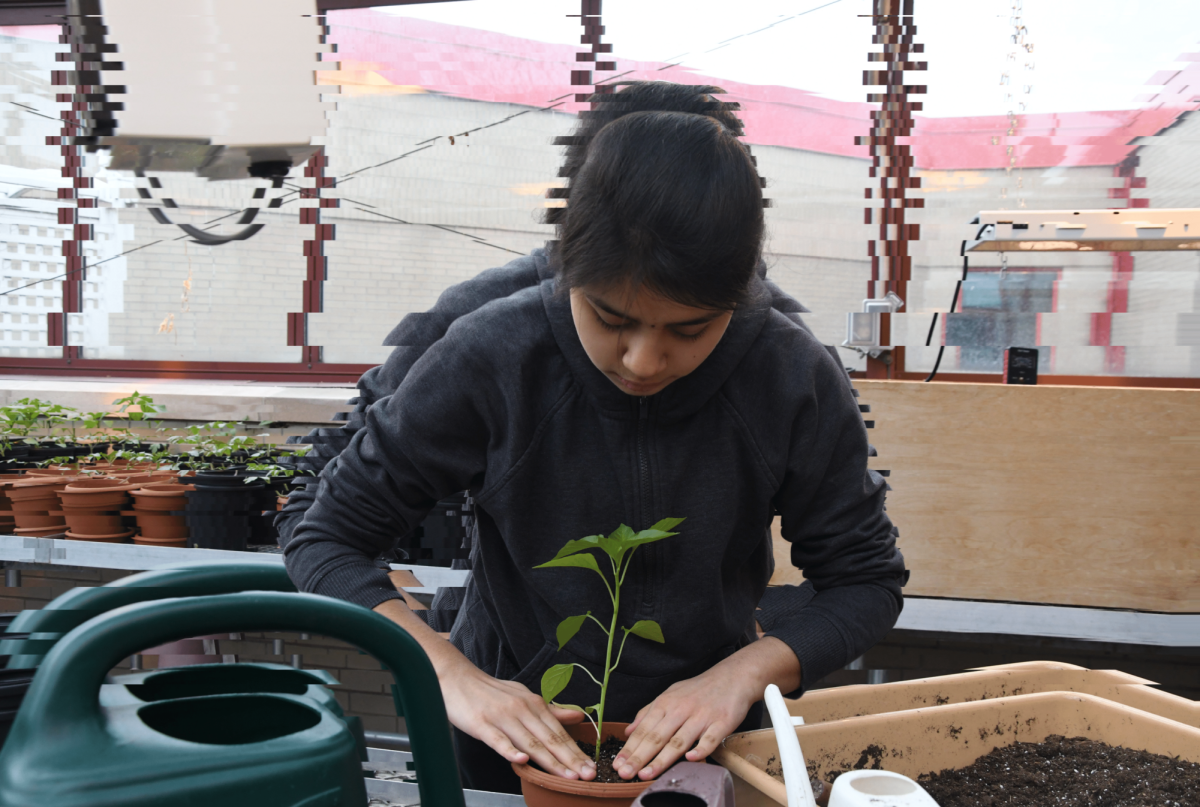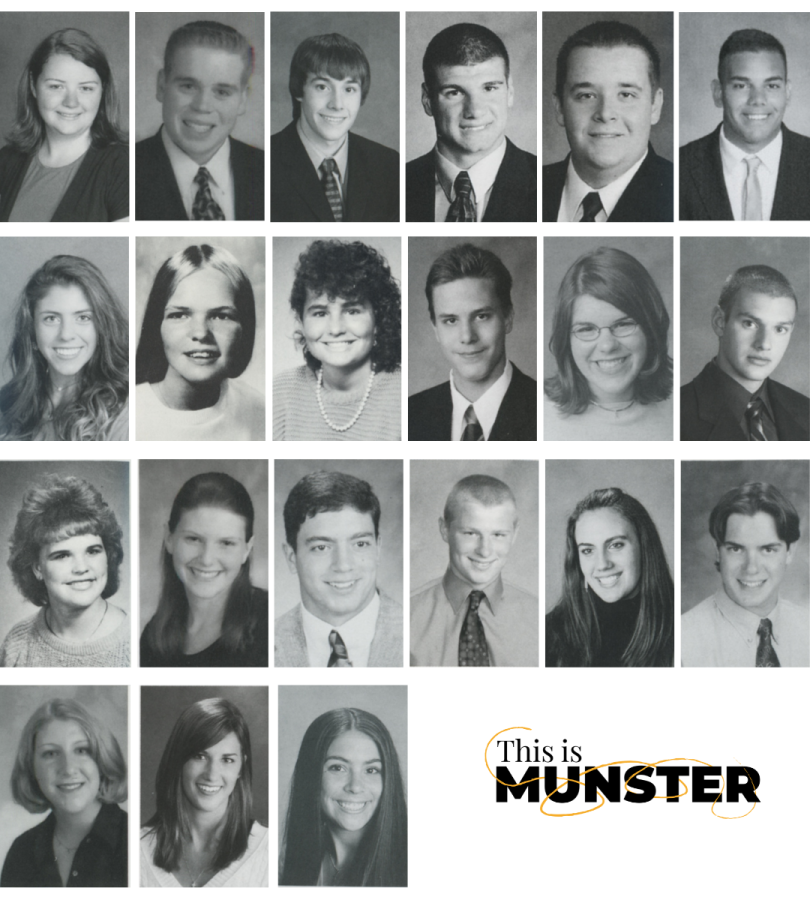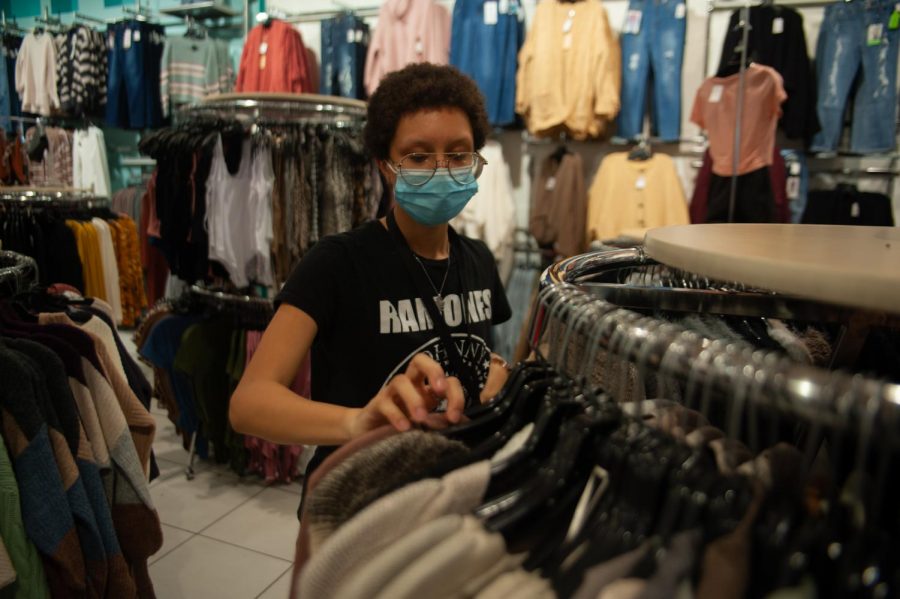Busy bees: employed students discuss how they handle school and covid
RACKING IT UP Working at Discovery Clothing store in Highland, Myanne Zachary, senior, sifts through and organizes clothes on a rounder. She works from four to nine everyday, helping out around the store when necessary. “I’m just organizing two ways and rounders, putting clothes on mannequins, taking clothes off mannequins, helping customers get what they need,” Myanne said.
October 27, 2021
Get up. Go to school. Rush home. Eat. Change. Drive to work. Get home around 10 p.m. Do homework until 3 a.m. Sleep. Repeat. This is a typical day in the life of Myanne Zachary, senior and employee of Discovery Clothing. Having a job already has its own struggles; covid has only added to employed students struggles with the recent worker shortages.
“We’re extremely short staffed all the time and people are not reliable,” Jilli Childs, junior and a food runner at Briar Ridge clubhouse, said. “They will not show up for their shifts because it’s such a low criteria for hiring now. They’ll hire whoever, so it’s not reliable people you’re getting.”
The resulting impacts of worker shortages can lead to extra work and stress for students with jobs. Employed students already find themselves not having sufficient time to do everything they need to do. This can lead to lack of sleep, performing worse in school or increased stress.
“I didn’t have a job last year and I was still going to bed at 3 a.m. So I can either be up all night on my phone and go to bed at 3 a.m., or I can be doing schoolwork and go to bed at 3 a.m.,” Myanne said. “I definitely get stressed out more than I did before. Before, I was like, ‘Oh, you have all this time to work on it.’ So even if I worked at 3 a.m., I never had such a long period of stress with it. I knew it was by my own design what time I worked. Now, my time isn’t really my own anymore.”
With such constrained time, employed students must prioritize certain activities and make sacrifices. Each student develops their own system in order to accommodate their needs. Gabe Tienstra, senior and assistant manager at Dairy Queen, ensures that he plans his week when he receives his weekly schedule.
“If I were to see that I’m working on a Thursday, then I know that night I’d have to get more work done at night, and I’d have to go to sleep a lot later,” Gabe said. “It’s more just mentally preparing throughout the week. I know these days I’m gonna have to be ready to work all night.”
Jilli ensures that she schedules in free time to maintain her mental health, and sets boundaries on when she can and cannot work.
“I don’t work (weekends),” Jilli said. “It was bad for my mental health. I needed to have some fun, so I worked all during the school week. While it makes school a little harder, if I can’t have fun on the weekends, then I lose my balance. If I can have one day during the week to work hard towards, it keeps my cycle going. If I don’t have anything to look forward to, then I lose all my motivation.”
Despite the challenges, employed students have gained knowledge and experience that school may not teach them.
“It’s taught me persistence because it really does wear you down mentally,” Gabe said. “You just have to be persistent on the goal that you do want to be successful and part of that is knowing you’re going to have those times where you’re sleepless or know that you have a lot of work the next day you got to catch up.”
With their experience, Gabe, Jilli and Myanne impart some advice for any students considering a job, or newly employed students.
“Never let anybody tell you what your work is worth,” Jilli said. “If you think you deserve a raise, you deserve the raise. Don’t ever let anybody count you short for your hours; don’t let anybody ever take advantage of you. You have the ability to put your foot down. Never let anybody tell you that you have to do something—you don’t have to do anything. If the company is going to struggle because they’re short staffed and they need you to come in, tell them to hire more people. That’s not your issue.”
Not only are setting boundaries important, but knowing what your boundaries are is important as well.
“Lighten your school schedule at least to the extent you think you are okay with it,” Myanne said. “Make sure that your job will be flexible when it comes to scheduling. I know anytime I request any time off, if it’s for school, my management gives it to me automatically. Don’t get a job in your junior year, I would leave jobs for senior year as long as you lighten your load, but you’ve also figured out how it works.”
Despite the obstacles having a job may present, persistence will result in acclimation, and soon the challenges will not be as overwhelming.
“The job always starts tough when it comes to schooling, but once you get the hang of it just feels more scheduled and more accustomed,” Gabe said. “It always starts rough, but it gets better.”





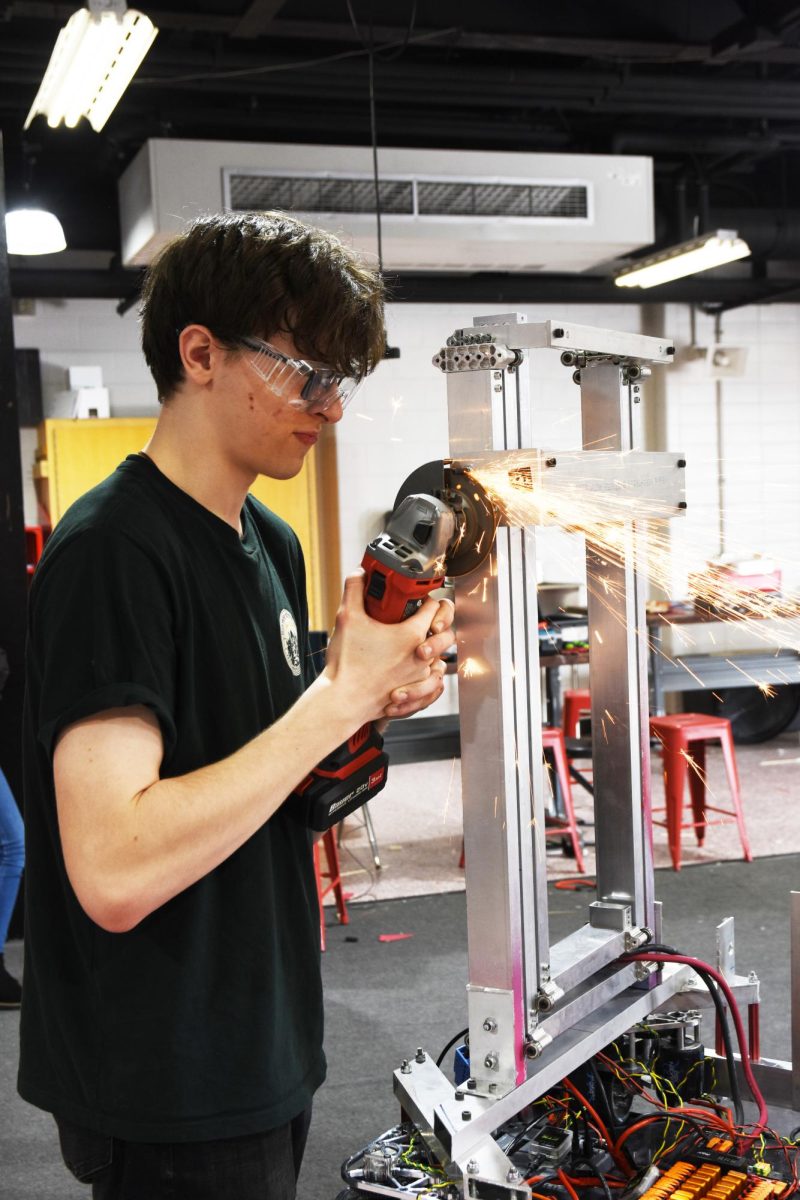















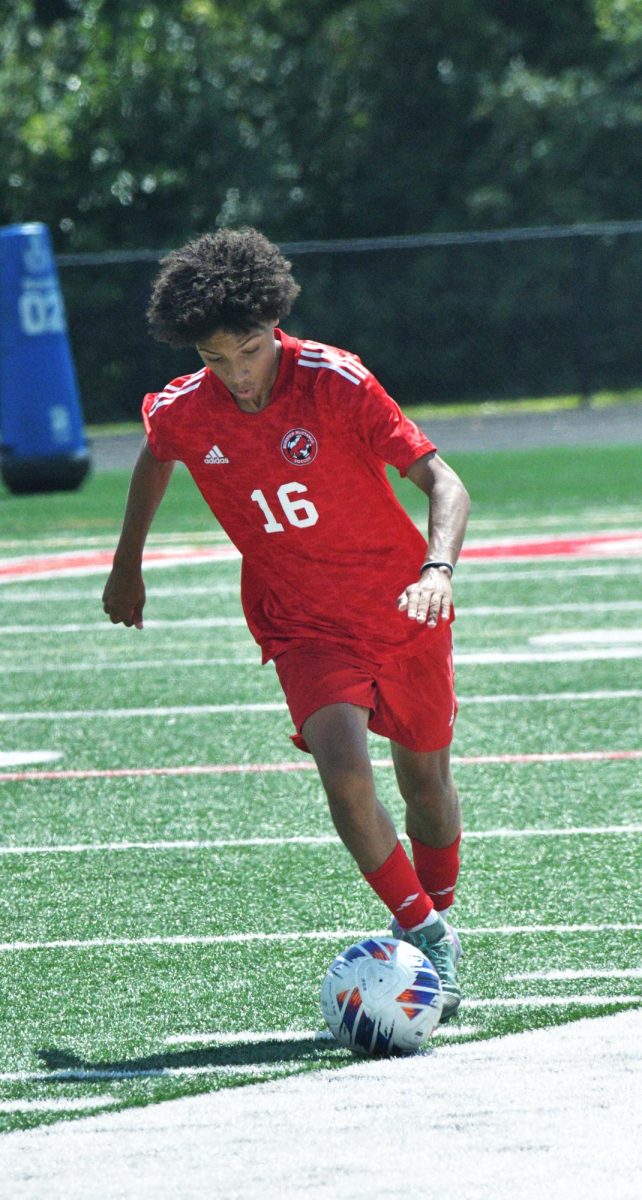

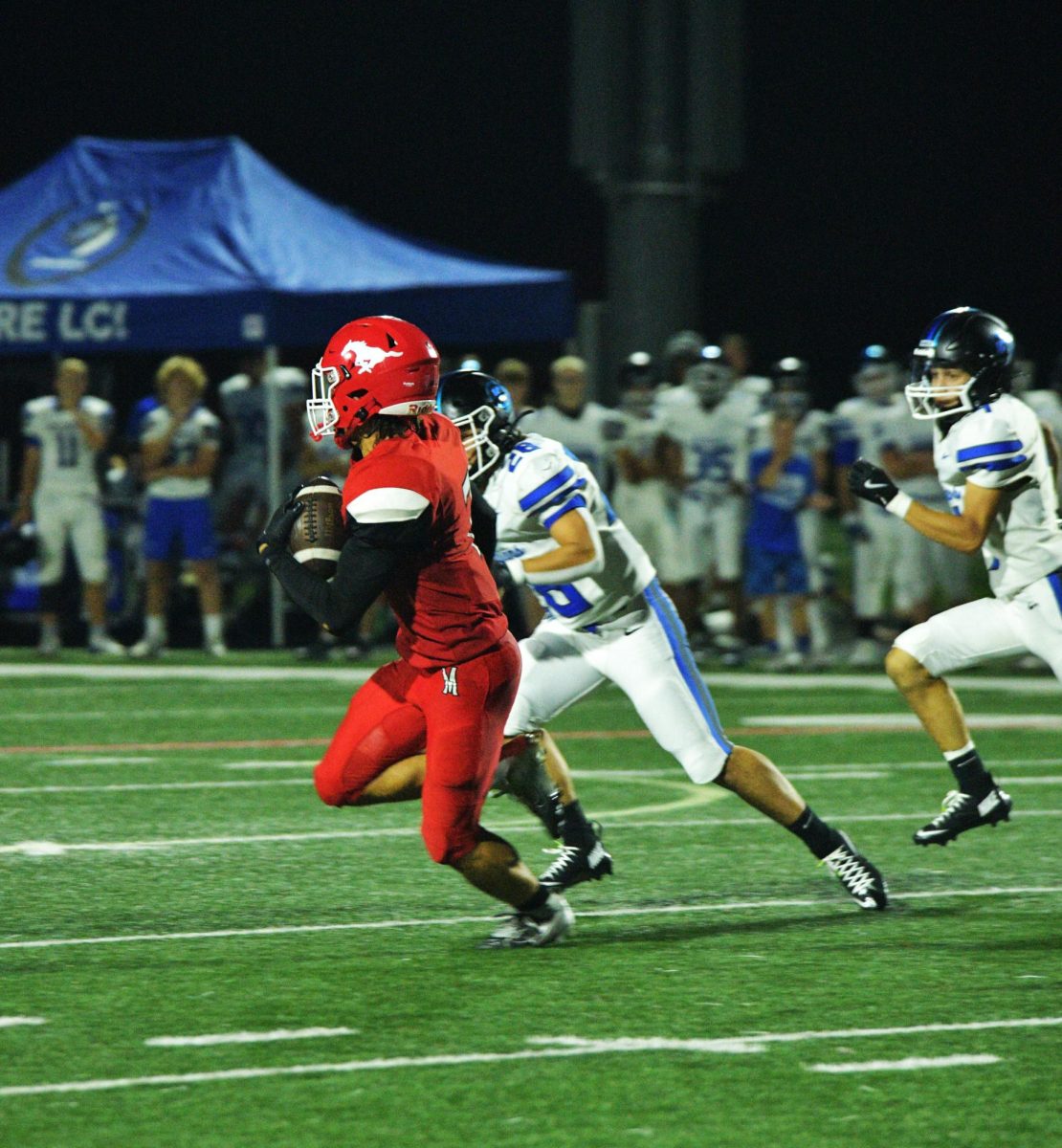

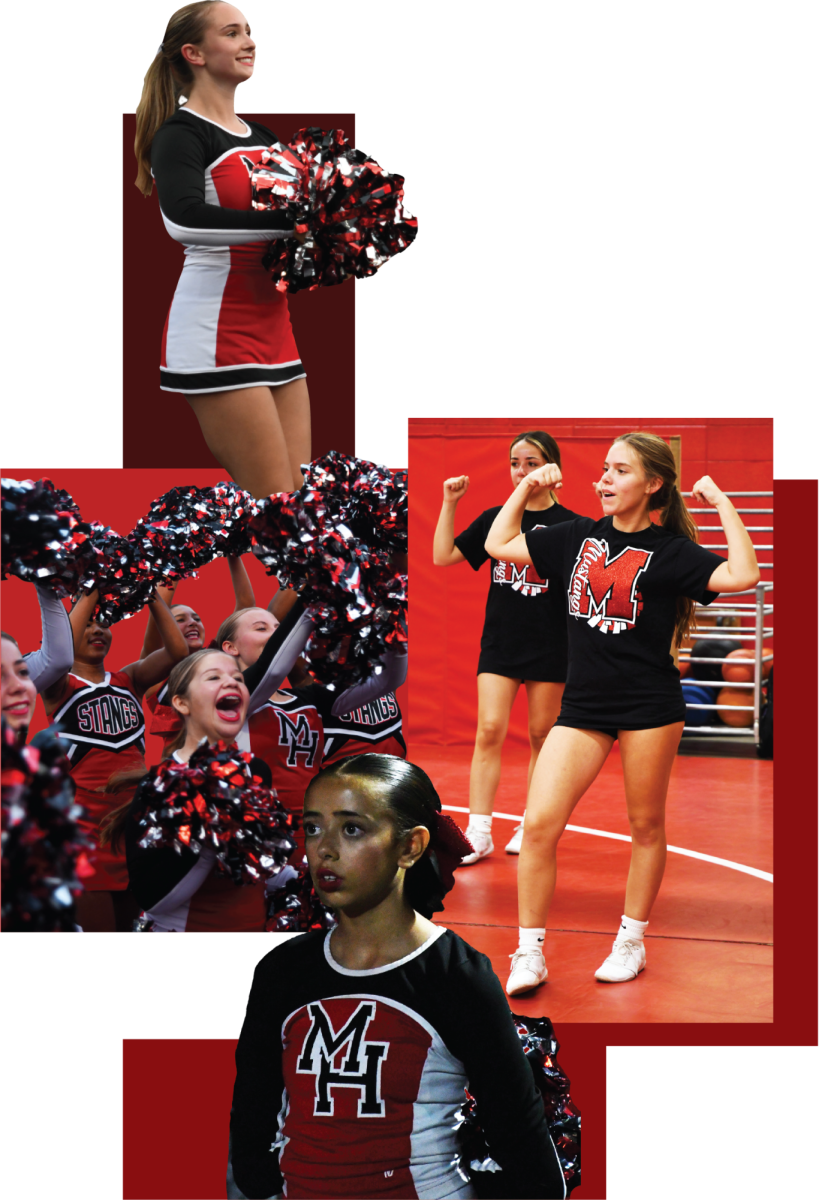


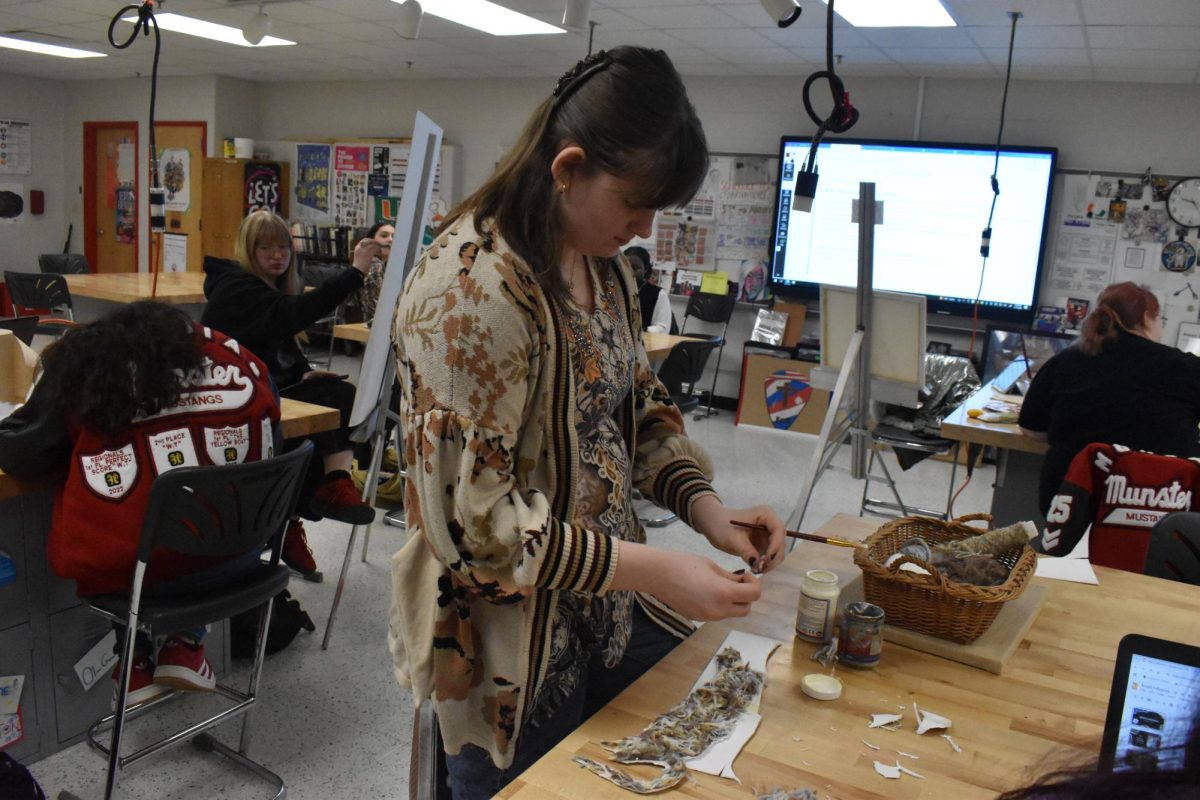


![SNAP HAPPY Recording on a GoPro for social media, senior Sam Mellon has recently started a weekly sports podcast. “[Senior] Brendan Feeney and I have been talking about doing a sports podcast forever. We love talking about sports and we just grabbed [senior] Will Hanas and went along with it,” Mellon said.](https://mhsnews.net/wp-content/uploads/2025/04/sam-892x1200.png)




